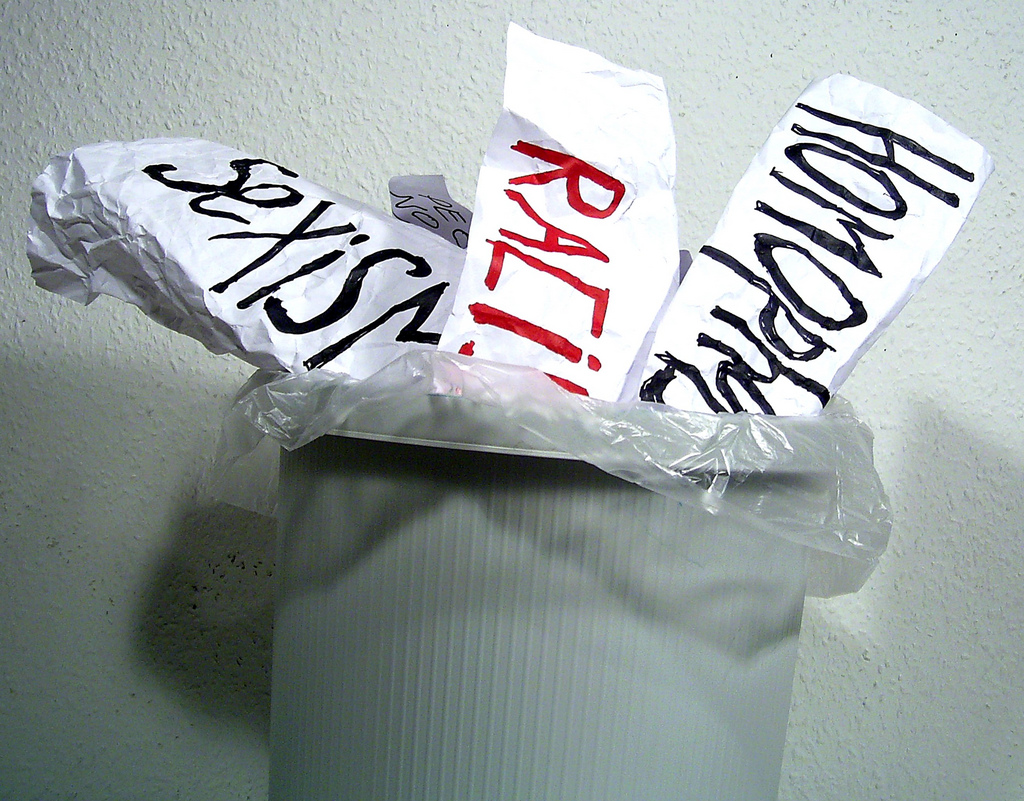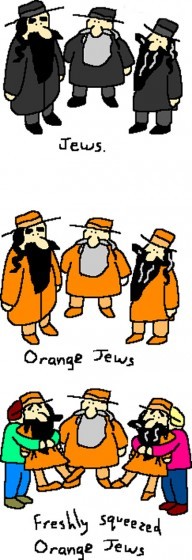The first published woman author in America was Anne Bradstreet, who published her book of poems The Tenth Muse Lately Sprung Up in America
in 1650. Ever since, millions of words have been penned by women
authors. Recently, historical Jewish women's fiction has become popular,
with dozens of writers researching and recording the lives of Jewish
women of the past. Star of Davida had the honor of interviewing Maggie Anton, the author of the Rashi's Daughters series, a trilogy which chronicles the lives of Rashi's three daughters: Joheved, Miriam, and Rachel.
I understand that you were a
chemist, which is unusual for a woman of your generation. What inspired you to
pursue a career in the sciences?
I was always very good in science
and math in school, as well as enjoying the subjects. And it seemed that there
were many more career opportunities for women there than in other fields.
I was also always intrigued by
the fact that Rashi only had daughters. Do you know why they touched you so
much to write a whole book series about them?
I started studying Talmud in a
women’s Talmud class in early 1990s. Our teacher pointed out that Rashi had no
sons, and that his daughters were reputed to be learned and wear tefillin.
I was intrigued enough to do some research to see if these legends were true,
and what I found inspired me to write about them.
It’s clear from reading the
book that you’re very well-versed in both Torah and Talmud. Was this something
you were raised with, or are you self-taught?
I was raised in a secular
household, and didn’t start my Jewish studies until I married. I’ve taken many
Torah and Talmud classes with some excellent scholars, but more recently I’ve
studied Talmud individually with a hevruta (study-partner).
Based on your books, it seems
that sex was much more openly discussed in the eleventh century. Is that true?
Sex is certainly openly discussed
in the Talmud, and the 11th-12th centuries appears to have been pretty open and
tolerant about these matters.
Do you know why Lilith, the
real first woman who was created at the same time as Adam, became such a
threatening figure for Jewish women in the Middle Ages?
I think it’s more a matter of
Lilith threatening men, although a demon who attacked newborns and their
mothers is common in many medieval and ancient cultures.
In Miriam, many male
characters are depicted with homosexual leanings. Was “playing the game” really
that common in Rashi’s era? What about among women?
Homosexuality was at least as
common in Rashi's time as today, however the desire was considered normal
rather than perverse. People discussed the subject much more openly then.
Typical of ancient and medieval times, men didn’t seem to care or know what
women did.
I had no idea that mohelot
existed before the 21st century. How common was it in the 11th century? Are any
mohelot from that era known by name?
None are known to use by name. It
probably wasn’t too common, but the fact that rabbis complained about it shows
that the practice existed.
In Rachel, the sisters
co-write Rashi’s commentary on Tractate Nedarim. Do you think the argument
that this is true holds water?
We know that Rashi didn’t write “his”
commentary on Nedarim, yet strangely the true author's name has been
lost. There are scholars who believe his daughters wrote it, which is why the
author remained nameless. After a careful study of the text, it does seem to
have a feminine perspective.
Do you think Rashi would be
happy to see how women’s education in Talmud and Judaism has proliferated?
Absolutely.
Do you have any other books in
the works?
My next series, Rav Hisda’s
Daughter, is set in 3rd-4th century Babylonia,
in the household of a Jewish sage as the Talmud is being created. At the same
time Rome, fast becoming a Christian empire,
battles Zoroastrian Persia
for world dominance. Against this backdrop, my heroine embarks on the tortuous
path to become an enchantress in the society where the word ‘magic’ originated.
The first volume should be out in August 2012.
I read the account of the
First Crusade in Rachel soon after Leiby Kletzky’s z”l murder, which was
not such great timing. How do you think the Jewish community has managed to
survive, despite all of the horrific acts that have occurred in our history?
Being dispersed throughout the
world, Jews could never be destroyed in its entirety. With so much animosity
directed against us, we were not able to assimilate easily and tended to stay
within our own communities.


















